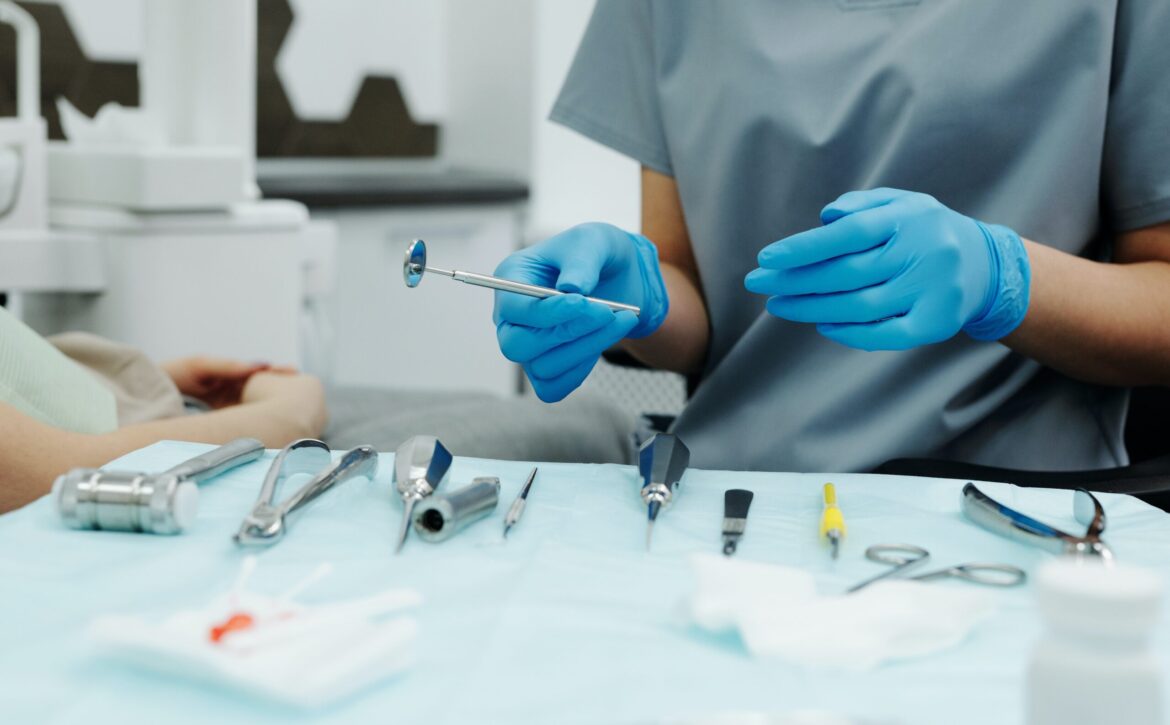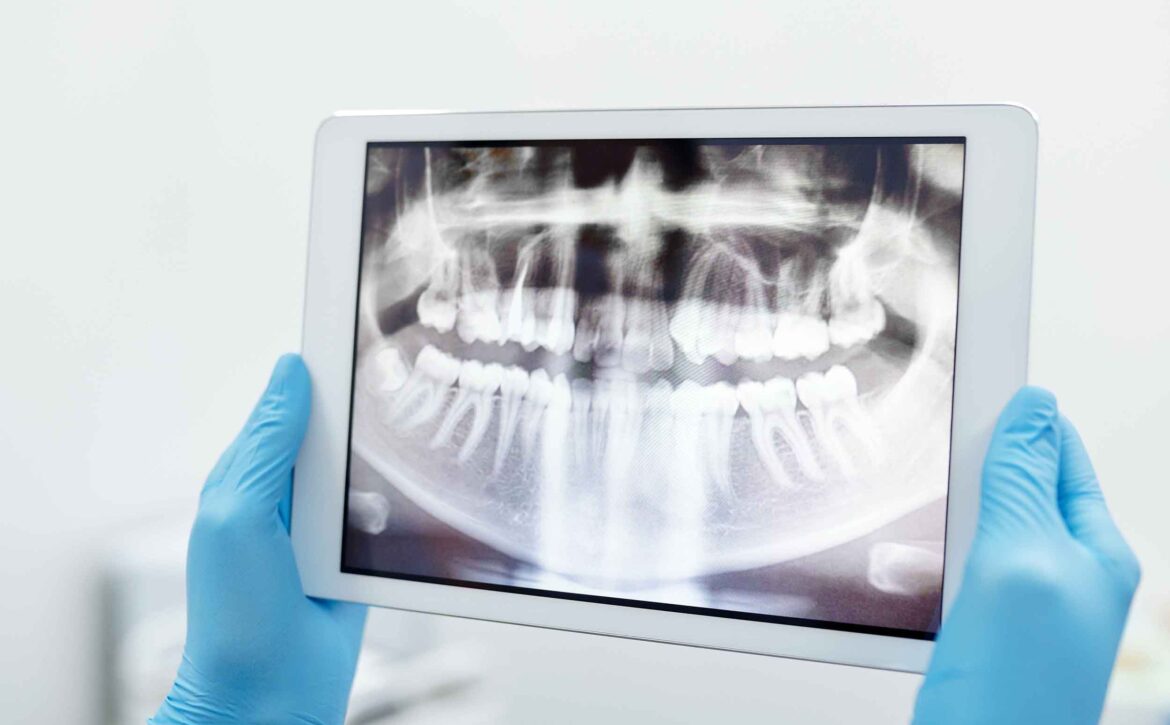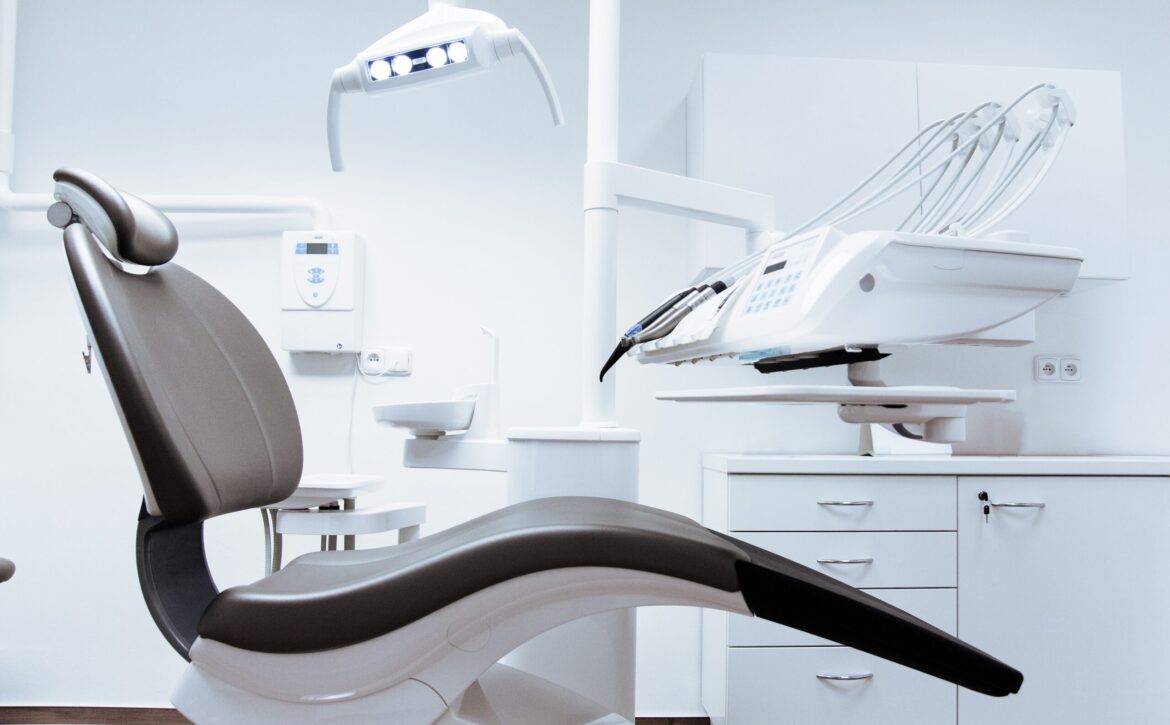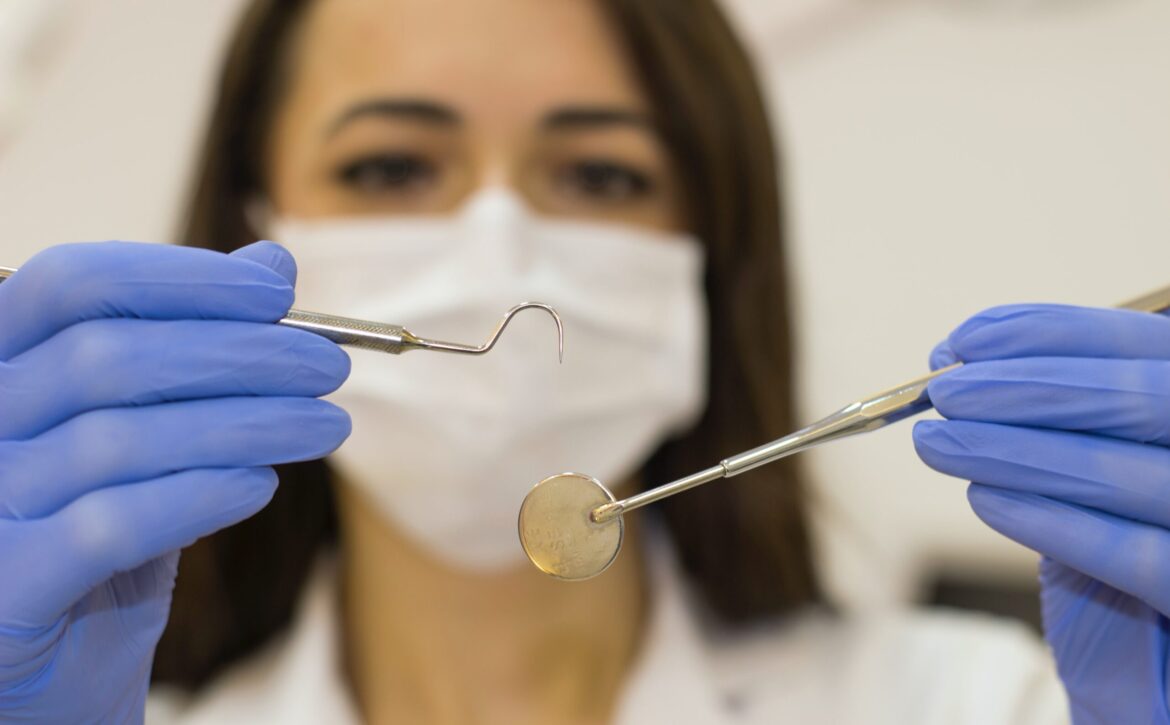What is the Procedure for a Broken Tooth?
Left untreated dental trauma, such as a broken tooth, can result in further problems such as infection. A broken tooth can be painful and result in a loss of confidence. If you experience a broken tooth, see your dentist as soon as possible. Fortunately, if treated as soon as possible there are many things your dentist can do to save the health and look of your tooth.
What are common causes of a broken tooth?
Teeth are generally quite strong, however a broken tooth can be the result of a facial injury, biting down on something hard – like ice or hard lollies – and can be emphasized if the tooth already has some decay.
Grinding your teeth, biting down on hard foods, uneven chewing, exposure to hot then cold temperatures and brittle teeth can lead to a broken tooth. Even healthy teeth can break. What’s important is that you see your dentist as soon as possible after you notice your broken tooth.
How do I identify a broken tooth?
If you have experienced a facial injury – like a knock to the mouth – it might be obvious that your tooth is broken. However, it is possible to crack a tooth and not realise. Here are some warning signs that you may have cracked a tooth:
- Tooth pain when biting or chewing
- Overall tooth pain is inconsistent and comes and goes
- Sensitivity to sweet foods hot or cold temperatures
- Infection around your tooth or the gum of a tooth
- Tooth pain but there are no obvious signs of decay
- Hearing a crack after eating hard foods
How to care for a broken tooth?
If your tooth is cracked, or you suspect it is cracked, you should book an emergency dental appointment as soon as you can. At Gentle Dental, we have same-day appointments available for patients, so you don’t have to wait to get your teeth sorted.
Leaving a broken tooth for too long could result in infection, further damage or even the loss of your tooth. While you wait for your appointment, here are some things you can do that may help:
Take pain relief: Over the counter pain relief should help with the pain.
Rinse your mouth with salt water: Swirl your mouth with salt water to help keep it clean.
Avoid biting down on the tooth: Don’t eat if you can help it. Eat soft foods if you must eat before your appointment.
What is the treatment for broken teeth?
The treatment for a broken tooth depends on how your tooth is broken.
Bonding A Chipped Tooth
If your tooth is chipped, you may have just broken off part of the tooth enamel. A dentist may be able to repair the damage with a filing. If you have broken off a part of your front tooth, and your tooth is uneven, your dentist may choose to use a procedure called bonding.
Bonding uses tooth-coloured resin to repair the look of your tooth. The procedure does not require any anesthetic and is fairly painless. The dentist will etch the surface of the tooth so that the bonding material will stick to it. The resin is attached using an adhesive and the tooth is shaped to look natural again.
Dental Cap or Crown For a Larger Break
For more significant broken teeth, your dentist may replace part of the tooth with a dental cap or a crown. First, the dentist will file away at the remaining tooth before covering it with a crown or a tooth-shaped cap. The final result will look like a real tooth.
Crowns are made from metal, resin, ceramic, or porcelain fused to metal and each has its own benefit. Metal crowns are very strong and ceramic and porcelain crowns look very real. If your entire tooth is broken off but the root remains intact the dentist may perform a root canal to insert a pin into the canal and help build up some structure to hold the crown on top.
Dental Veneers
Dental veneers are a good option for chipped or broken front teeth. They do a good job of hiding the broken tooth and will look just as real as the rest of your teeth. A thin shell of porcelain or resin covers the whole front of the tooth with a thicker section to cover the broken portion of the tooth.
During the procedure, the dentist will remove a thin layer of enamel from the surface of your tooth so that the veneer can then be applied. An impression of your tooth will be taken for the veneer to be made. Once the veneer is ready it is applied with dental cement to the surface of the tooth.
Root Canal Therapy
Root canal therapy is only necessary when the tooth is broken and exposes the center of the tooth. In this case, the exposed pulp can become infected and die if it’s not removed. Root canal therapy will remove the deal pulp clean the root canal and seal it. The remaining tooth can then be covered with a crown.
What to do if your tooth is knocked out
If your tooth has been knocked out, acting quickly can help save your tooth and increase the chance that it can be replanted.
- Collect the tooth or the tooth fragments that have been knocked out. Handle them carefully and rinse the tooth gently in lukewarm water if there is dirt on it. Do not rub or scrape the dirt as it may damage the tooth.
- Rinse the mouth out with warm water and if possible insert the tooth into the socket and bite down on some gauze to hold the tooth in place. Teeth can be stored in whole milk if you cannot reinsert them.
- Use sterile gauze or cloth to control the bleeding and apply a cool compress for the swelling. Take ibuprofen for the pain.
- See a dentist or go to the emergency room as soon as possible and take the tooth or fragments with you.
If you have experienced a chipped or broken tooth, book an emergency appointment today at Gentle Dental. Our dentists will work to restore your tooth as best as we can.








